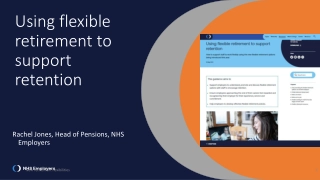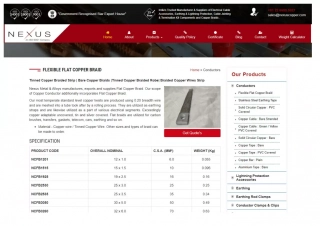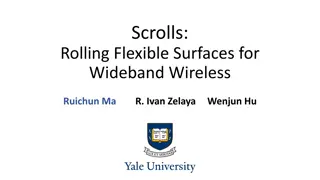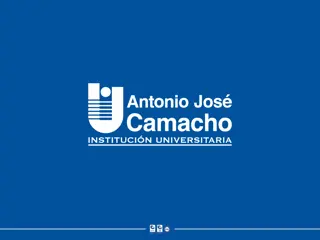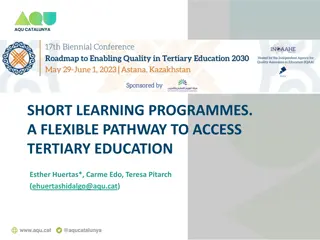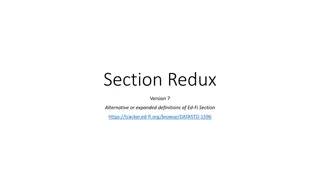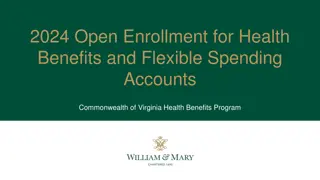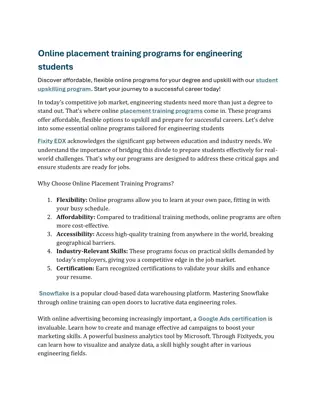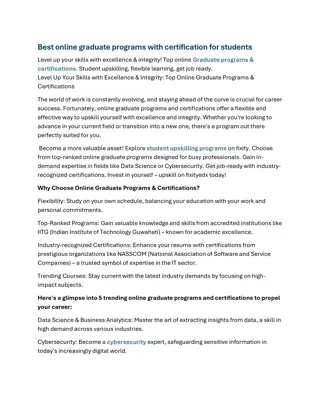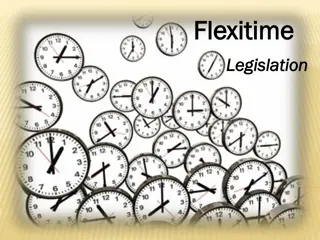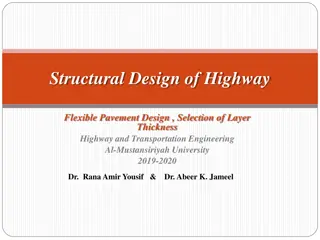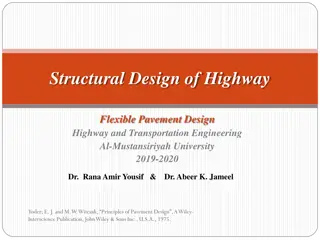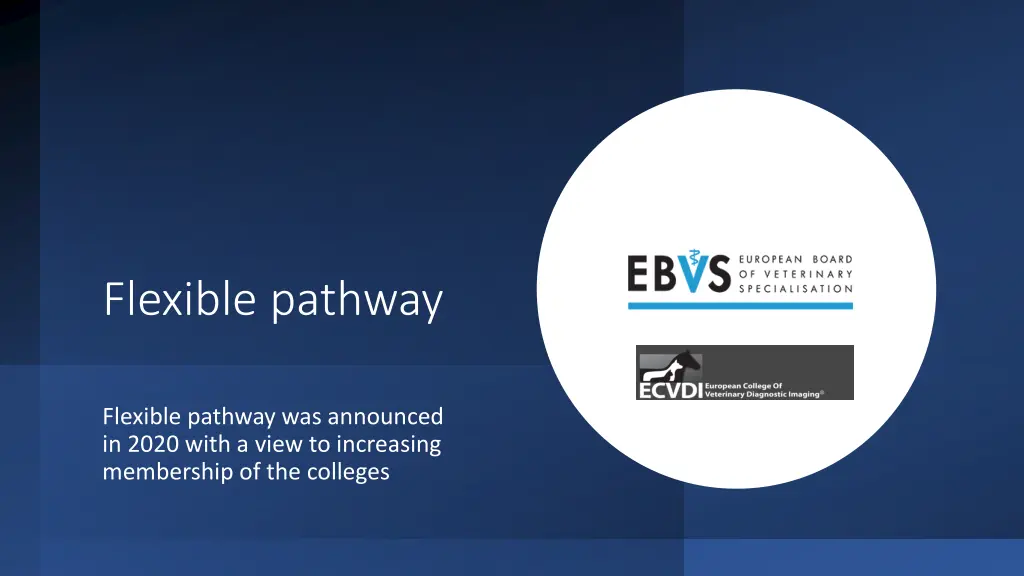
Flexibility in Veterinary Medicine Training Program Updates
"Learn about the recent changes announced in the Flexible Pathway program for veterinary medicine practitioners, including modifications to modules, credit requirements, and examination processes. Explore how these updates aim to address membership concerns while maintaining standards. Discover the implications of the 8-year rolling period remaining unchanged." (301 characters)
Download Presentation

Please find below an Image/Link to download the presentation.
The content on the website is provided AS IS for your information and personal use only. It may not be sold, licensed, or shared on other websites without obtaining consent from the author. If you encounter any issues during the download, it is possible that the publisher has removed the file from their server.
You are allowed to download the files provided on this website for personal or commercial use, subject to the condition that they are used lawfully. All files are the property of their respective owners.
The content on the website is provided AS IS for your information and personal use only. It may not be sold, licensed, or shared on other websites without obtaining consent from the author.
E N D
Presentation Transcript
Flexible pathway Flexible pathway was announced in 2020 with a view to increasing membership of the colleges
Flexible pathway Following the AGM 2022 in Edinburgh, suggested changes are being made to the programme
Whats changed - Modules More modular type route than previously. Flexibility is reduced but the concerns from the membership about standards can be addressed more readily Modules must be accredited by ECVDI before being delivered more similar to existing pathways. This would also accredit the number of credits for a module Candidates must be enrolled and cannot be retrospective Modules can then be chosen and taken
Modules 60 theoretical credits - Minimum numbers of credits would be 30 credits from formal courses/journal clubs and meeting attendance 30 credits from research activity 120 practical credits must include 20 credits of radiograph modules, 13 credits of ultrasound, 5 of CT and MRI respectively Neurology/internal medicine/surgery and pathology modules should be included (at least 1 credit in each)
Modules Ultrasound/CT/MRI module = 40 studies interpreted or performed and interpreted XR 80 studies interpreted/performed There is potential to incorporate these modules to become accredited externships or components of a standard track residency
Whats the same 120 practical credits and 60 theoretical credits needed Still must pass the examinations as with any standard track candidate Credit values are unchanged as come from an existing framework
8 year rolling period remains unchanged Initial registration Sit exam in 2033 Sit exam in 2036 No longer valid 8 year block 8 year block 2025 2026 2027 2028 2029 2030 2031 2032 2033 2034 2035 2036 2037

